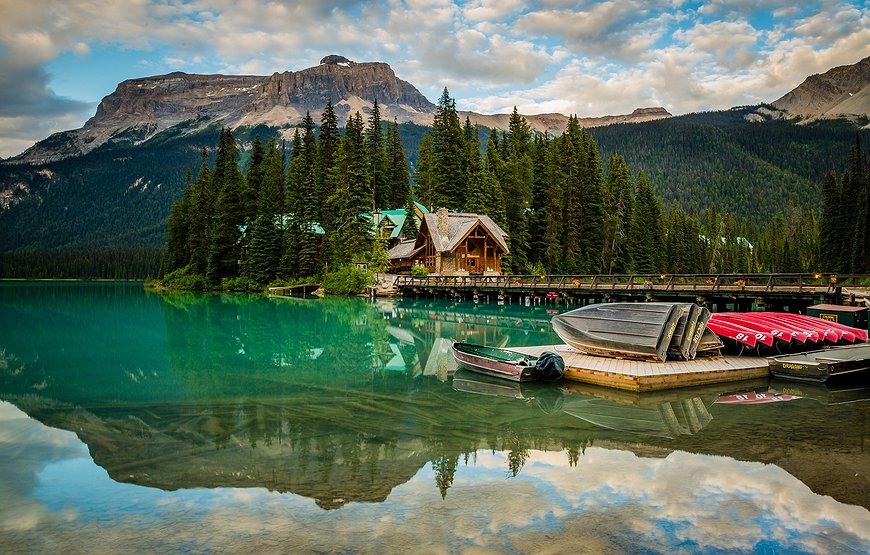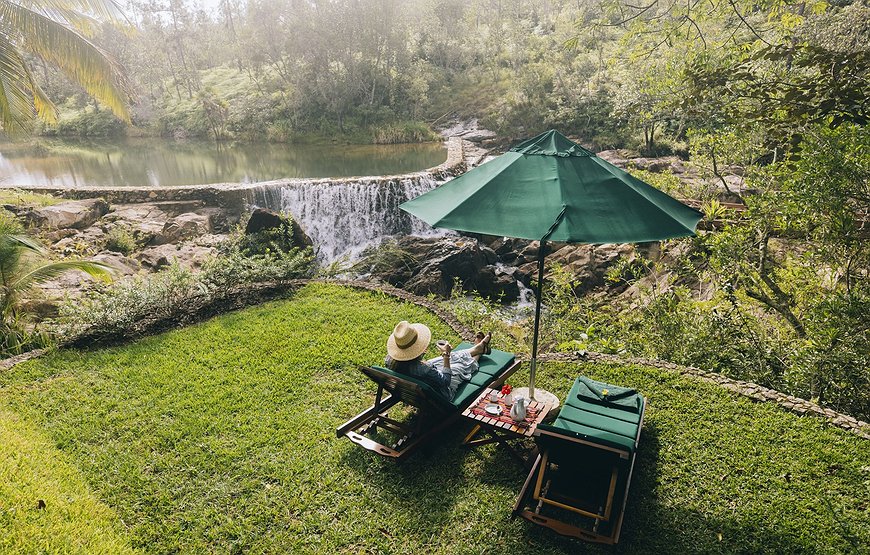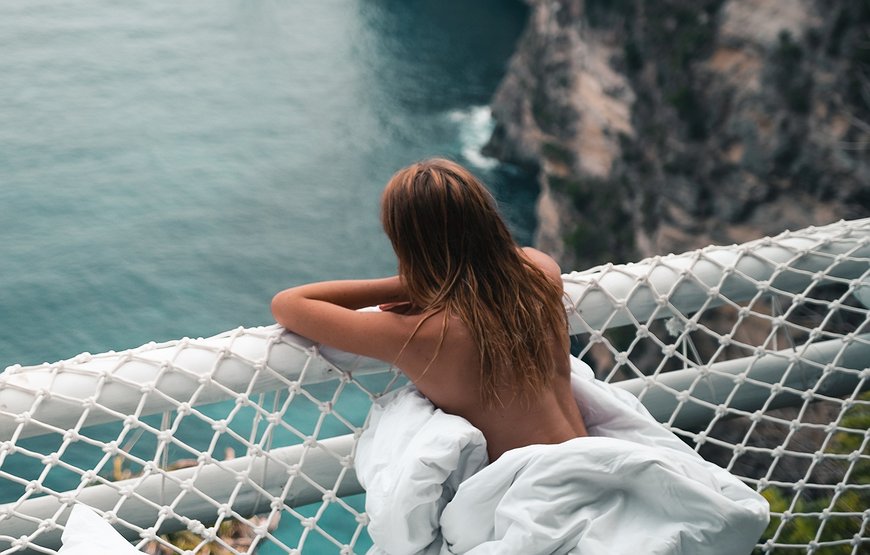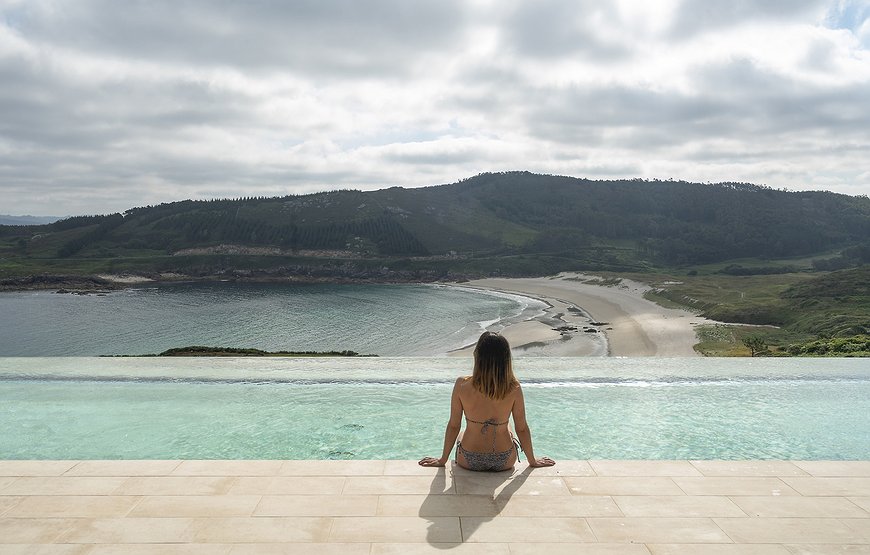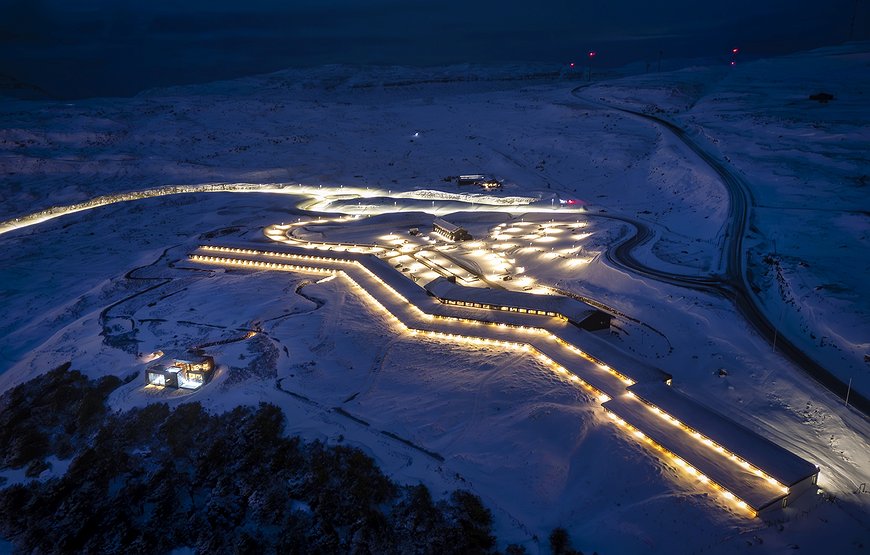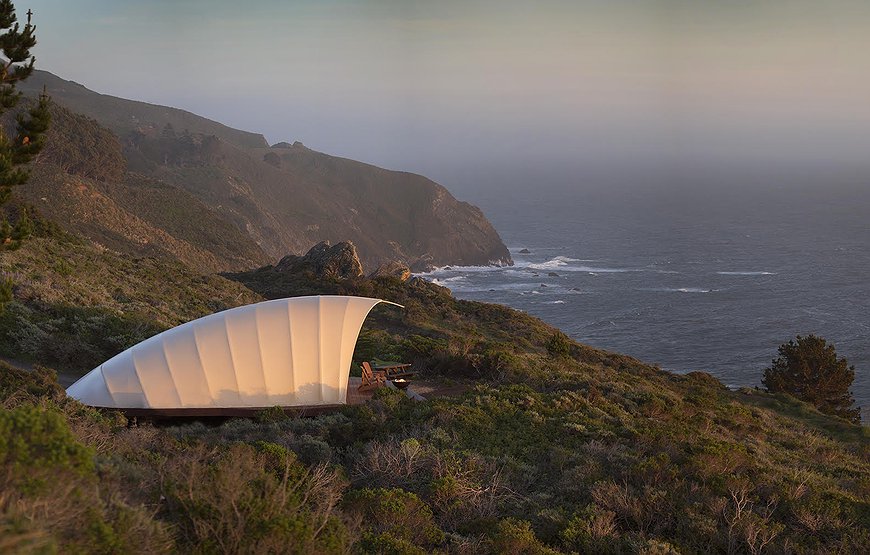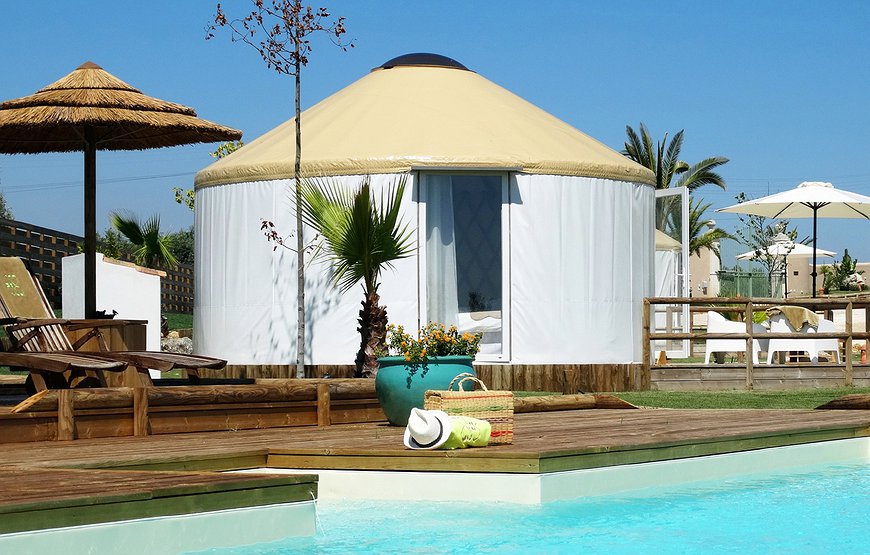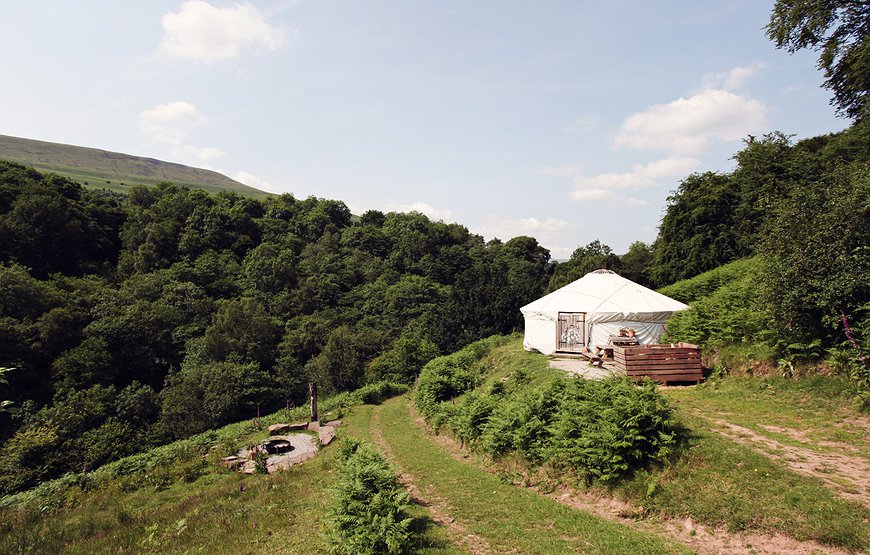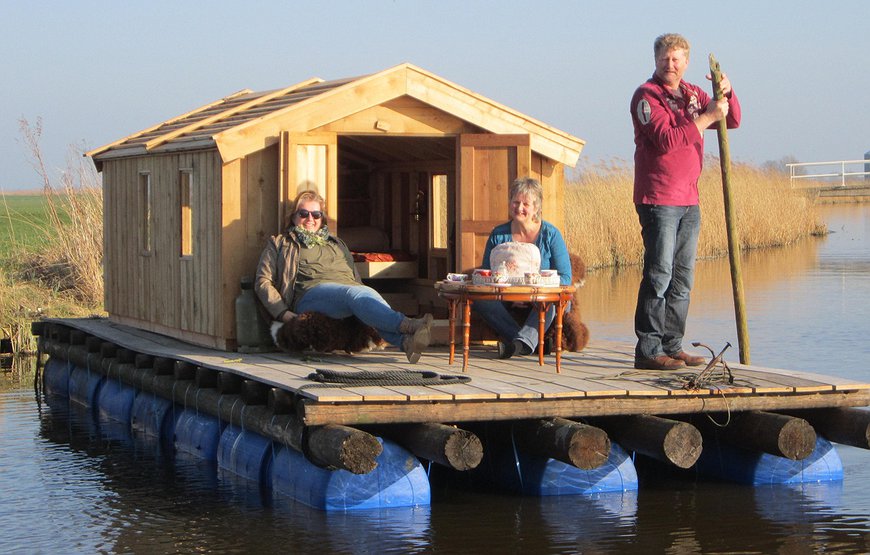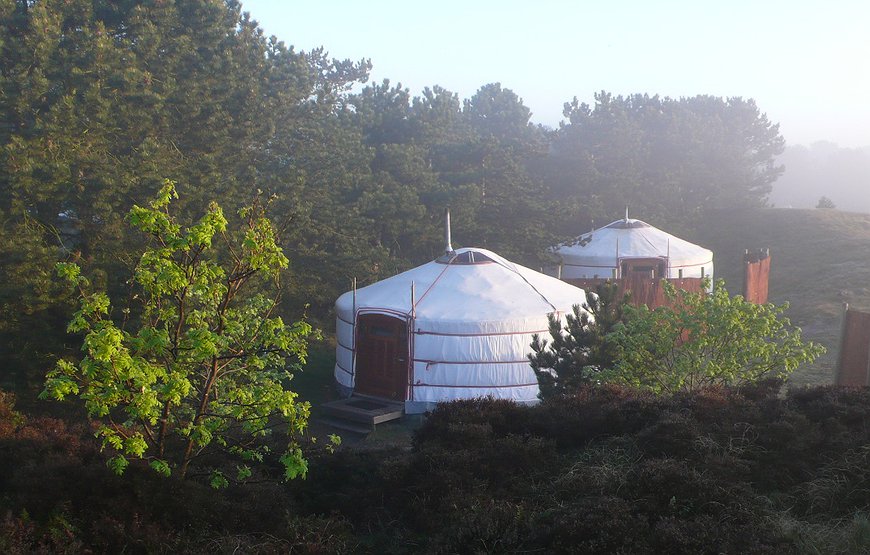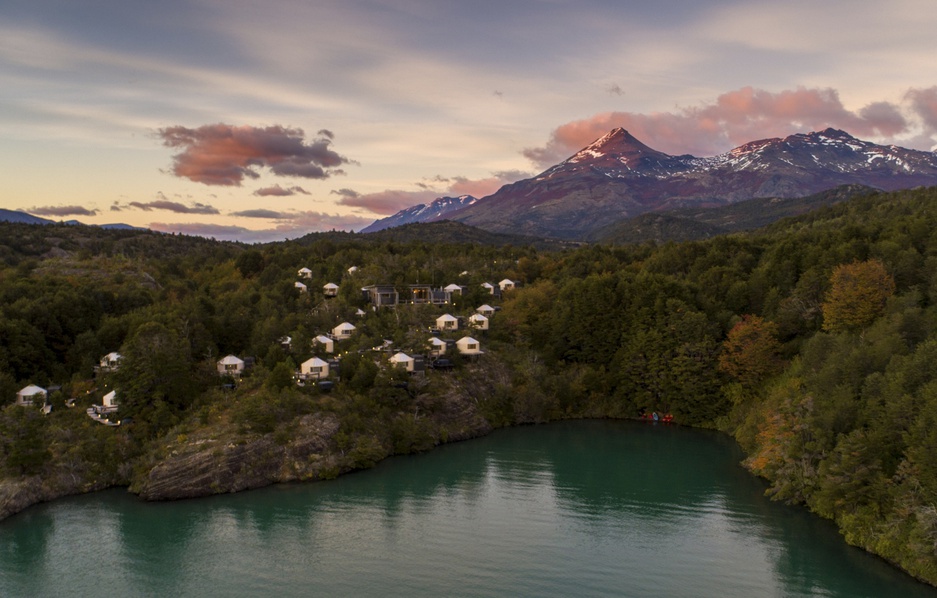
The gravel road seems to go on forever, winding through dense forest for what feels like an eternity before you begin to wonder if your satnav has led you astray. But that's rather the point at Patagonia Camp – this isn't the sort of place you stumble upon by accident.
Perched on the shores of Lake Toro, just outside Torres del Paine National Park, this collection of 20 Mongolian-style yurts represents something of an anomaly in the luxury travel world. Part environmental statement, part wilderness retreat, it's the kind of place that makes you question why anyone would want to stay in a regular hotel room ever again.
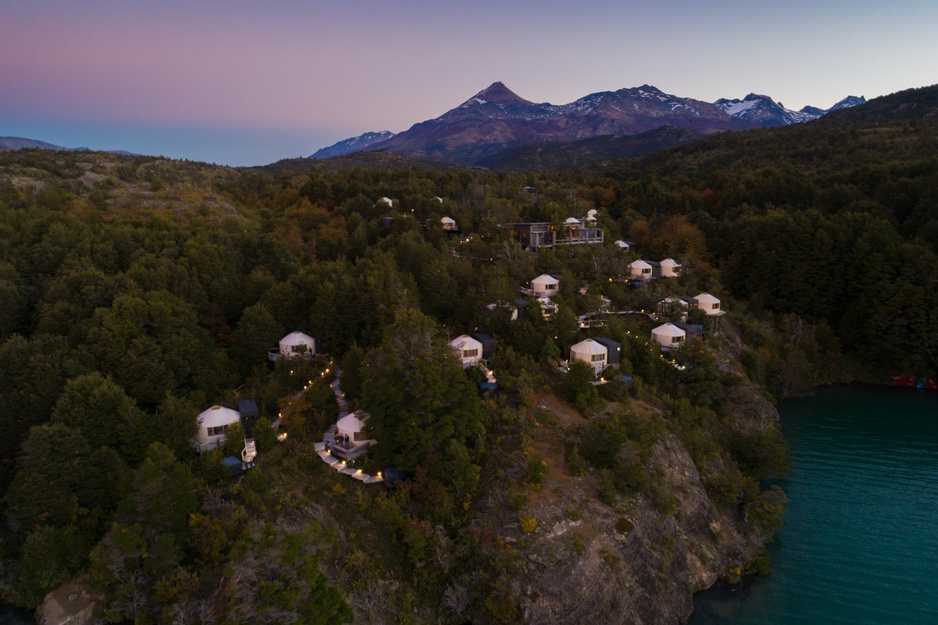
During construction, not a single tree was felled. Workers had to follow taped pathways to avoid damaging the undergrowth, and all building materials were carefully transported to avoid disturbing the forest floor. The water treatment system uses local peat and bacteria to purify waste water before returning it to the environment, cleaner than when it arrived.
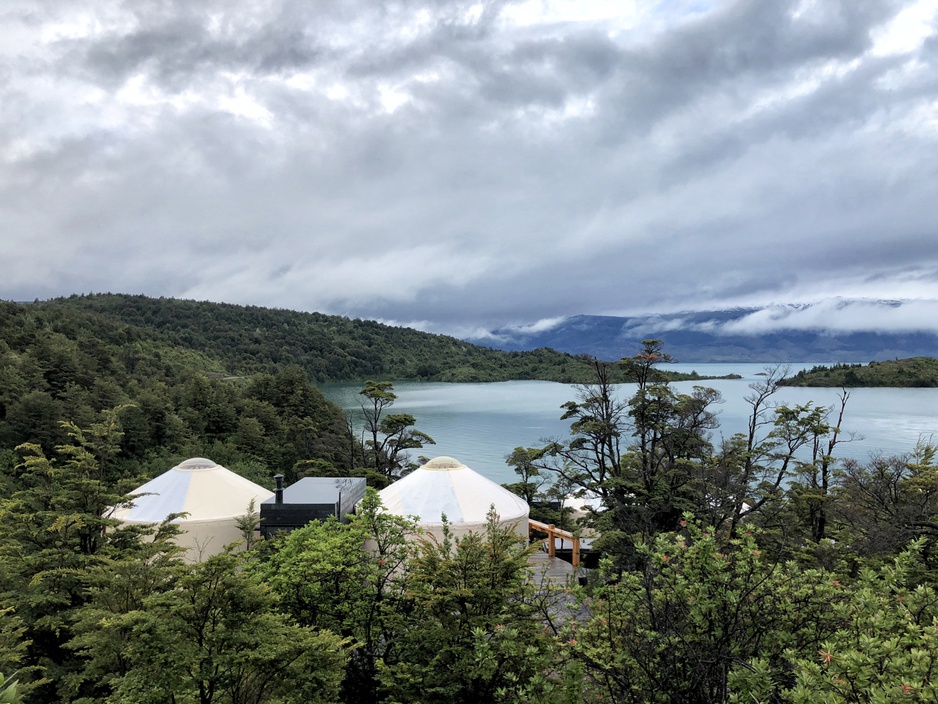
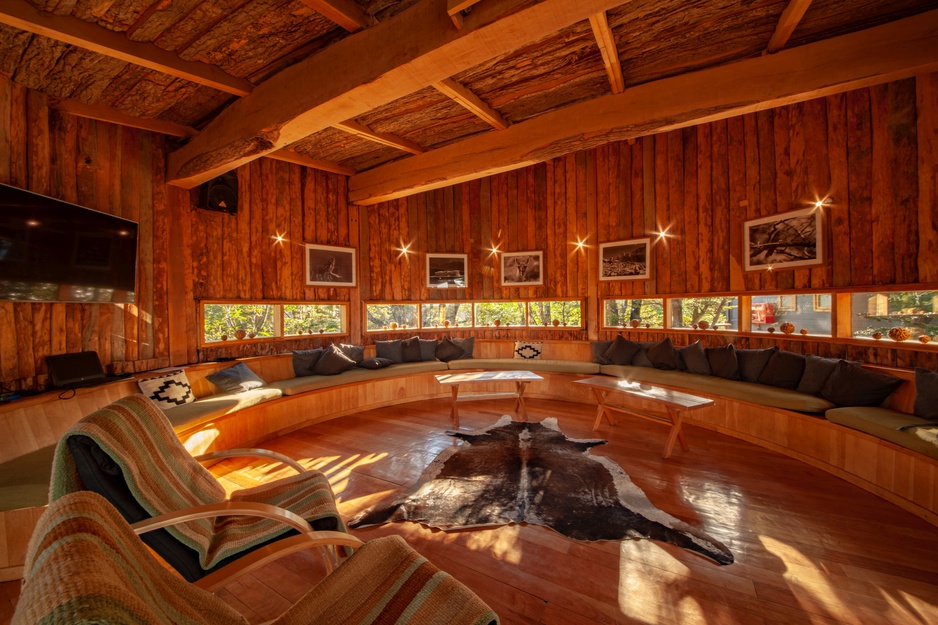
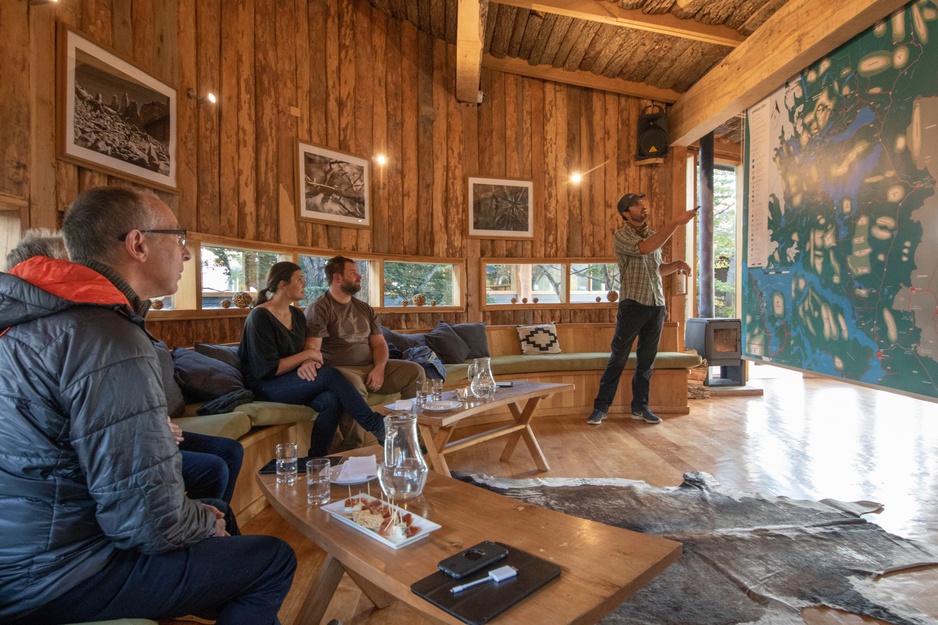
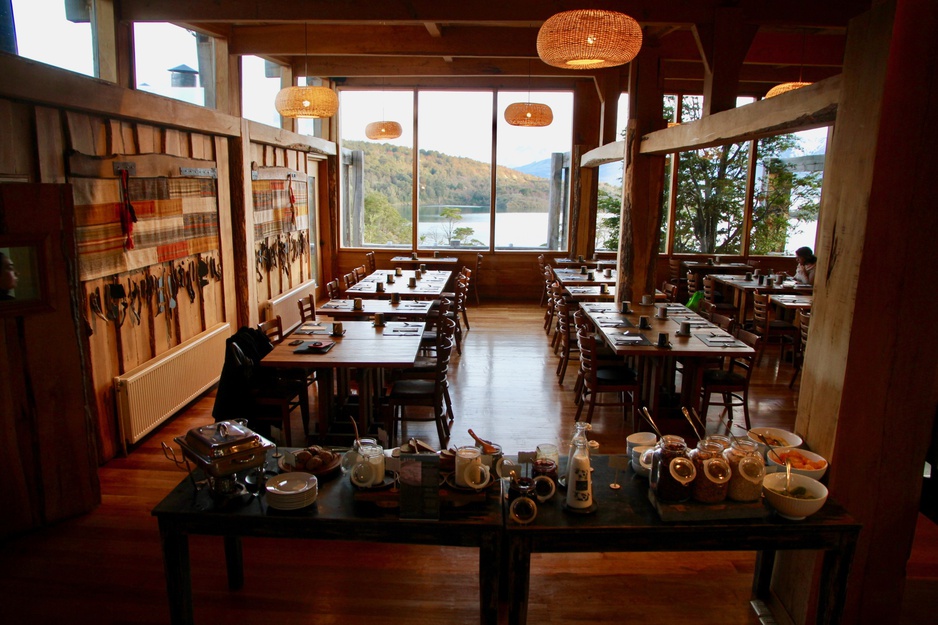
The central dining room and bar area sits on a massive slab of rock, with floor-to-ceiling windows that frame the lake and mountains beyond like a living postcard.
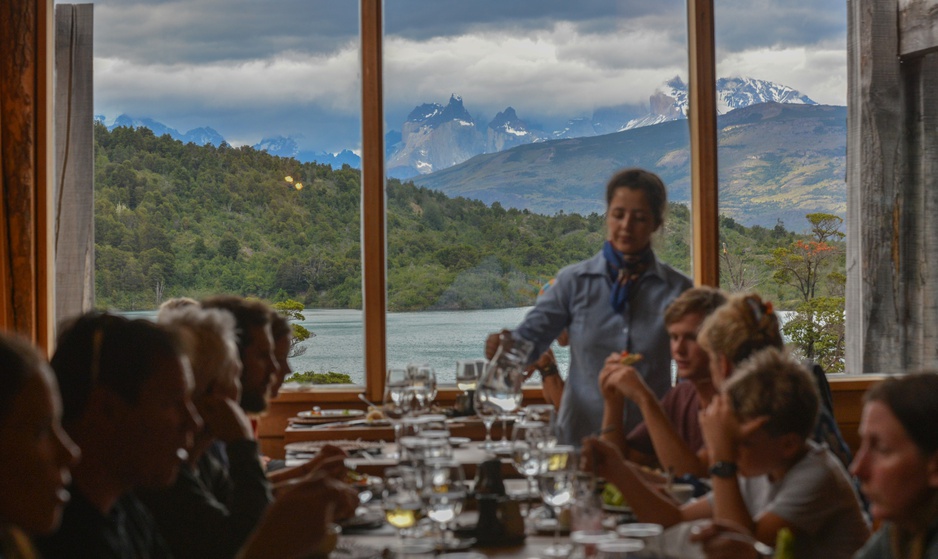
It's all polished wood and leather sofas, the kind of space where you can nurse a calafate sour cocktail while flipping through books about Patagonian wildlife, or simply gaze out at the view that changes with every shift of light and weather.
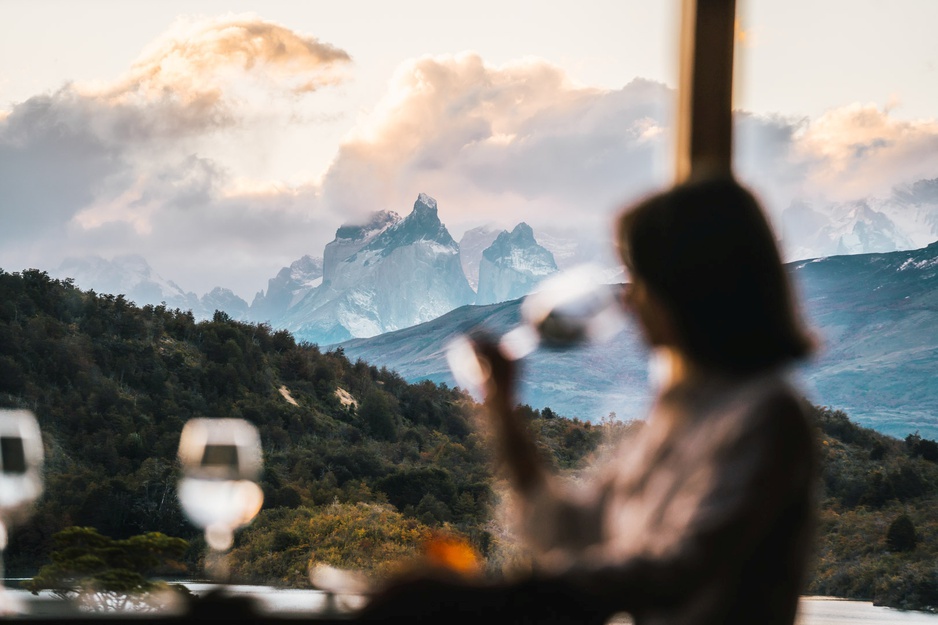
The food, courtesy of chef Brian Espinoza, veers wildly from what you might expect at a remote camp.
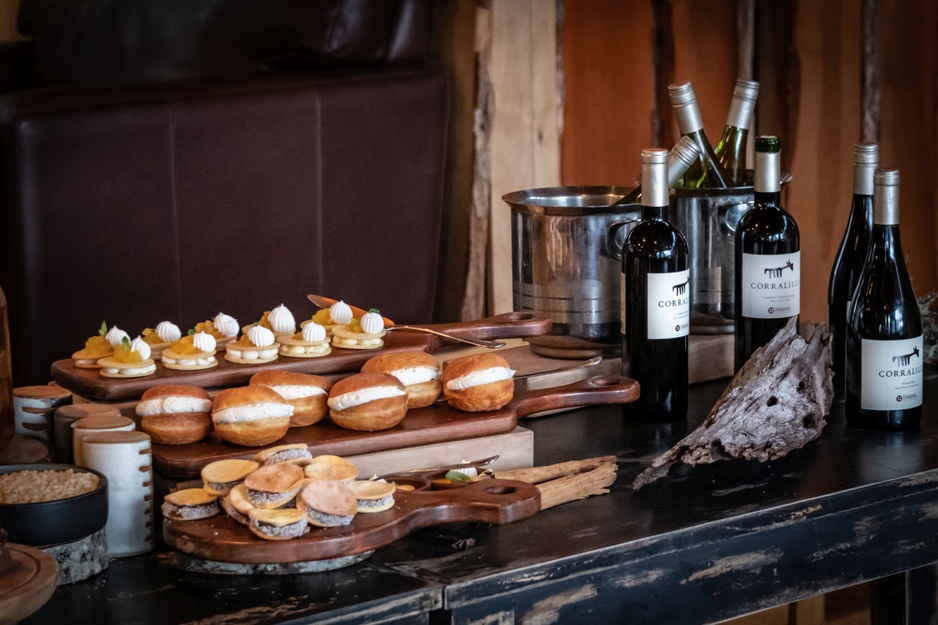
Forget beans around a campfire – here you'll find lamb tongue skewers, cloudlike white chocolate mousses, and salmon served on lavender-tinted risotto. It's the kind of cooking that makes you forget you're technically camping.
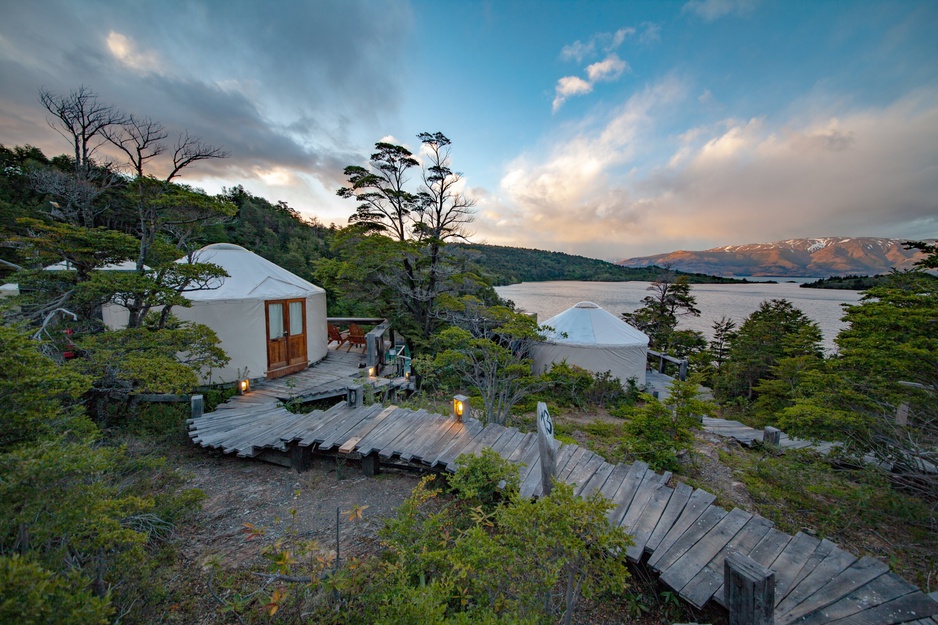
The yurts themselves are far from your typical festival accommodation. Each circular tent sits on wooden stilts, connected by elevated boardwalks that snake through the forest like something from a fairy tale.
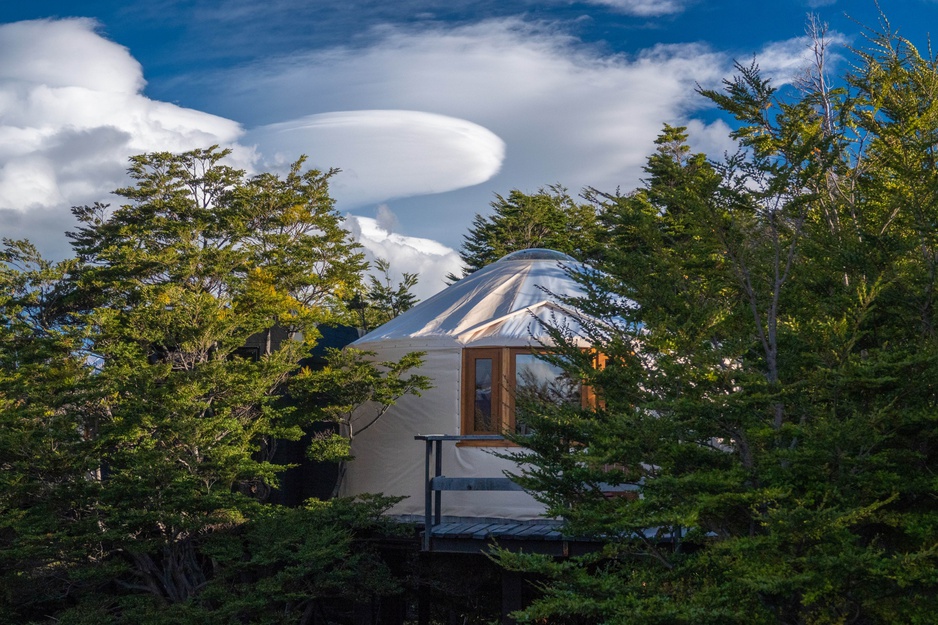
Deluxe Yurt
Inside, you'll find proper beds, central heating, and bathrooms that wouldn't look out of place in a boutique hotel. The real magic happens at night though, when you can lie in bed gazing up at the stars through the skylight in the ceiling, listening to the wind whistling across the lake.
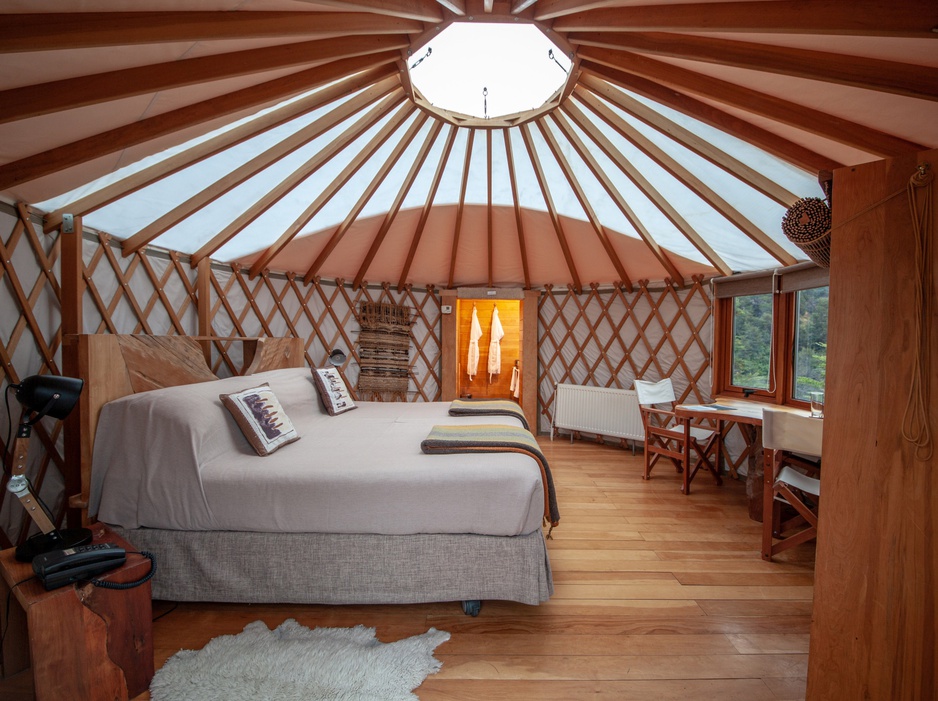
Rather than trying to tame the landscape or hide from it behind glass and concrete, Patagonia Camp embraces the elements. The yurts shake in the wind, you can hear the rain drumming on the roof, and on clear nights the stars seem close enough to touch.
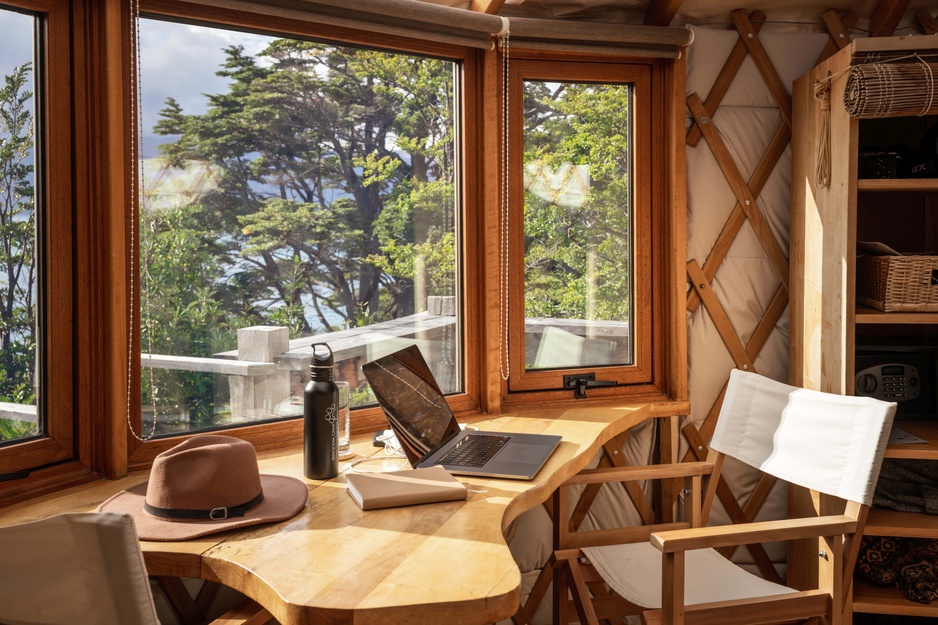
The entry-level Deluxe Yurts offer all the essentials with a private balcony and proper bathtub – perfect for soaking away the aches of a long hike.
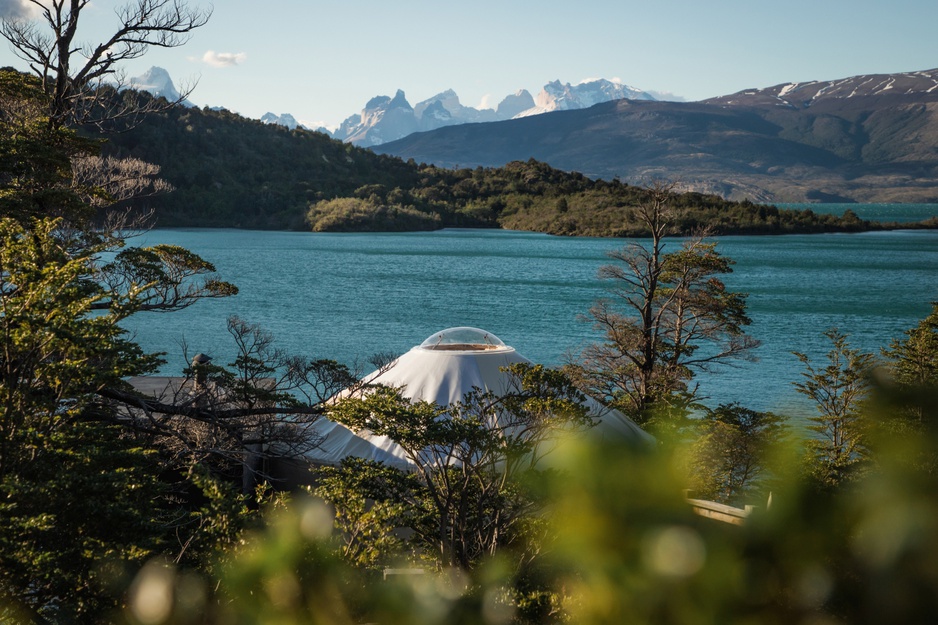
Deluxe Jacuzzi Yurt
Step up to the Deluxe Jacuzzi version and you'll get an outdoor hot tub on your terrace, ideal for watching the sunset with a glass of wine while your muscles unknot in the bubbling water.
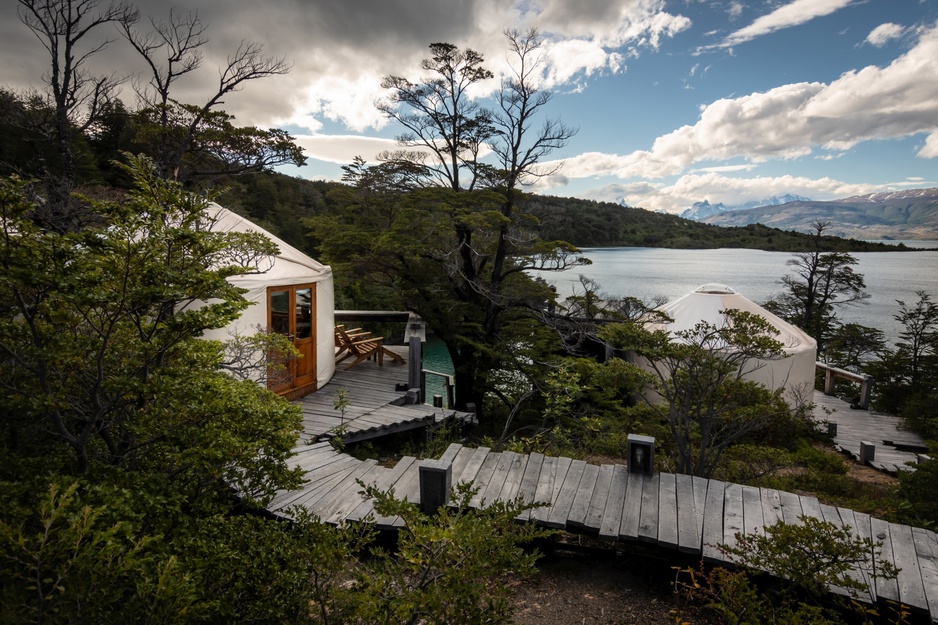
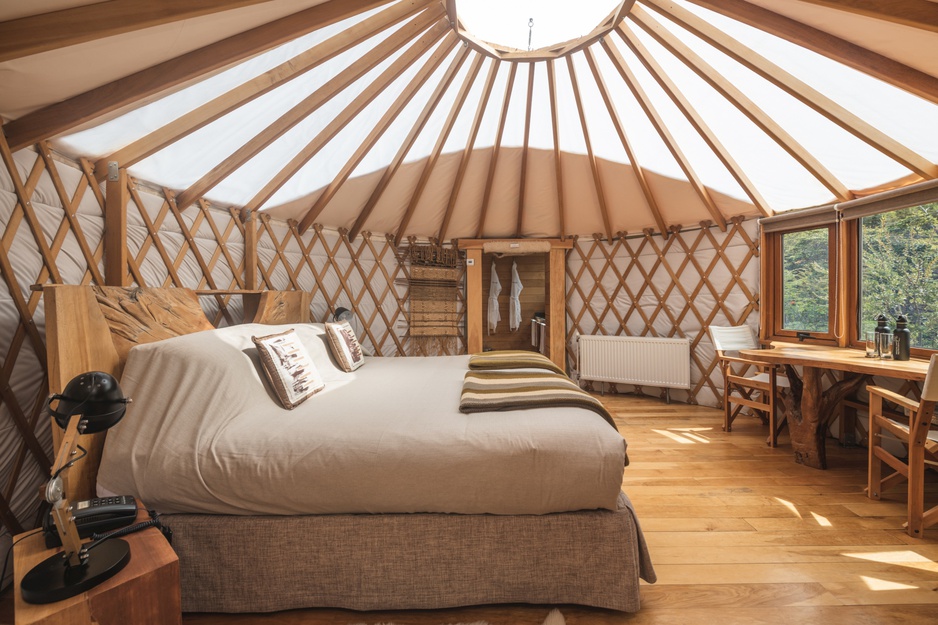
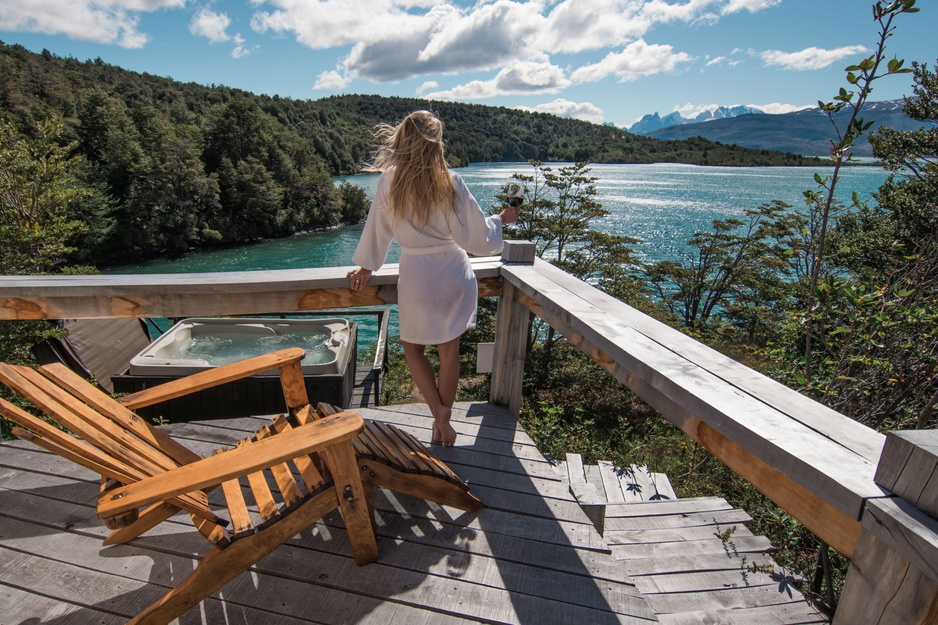
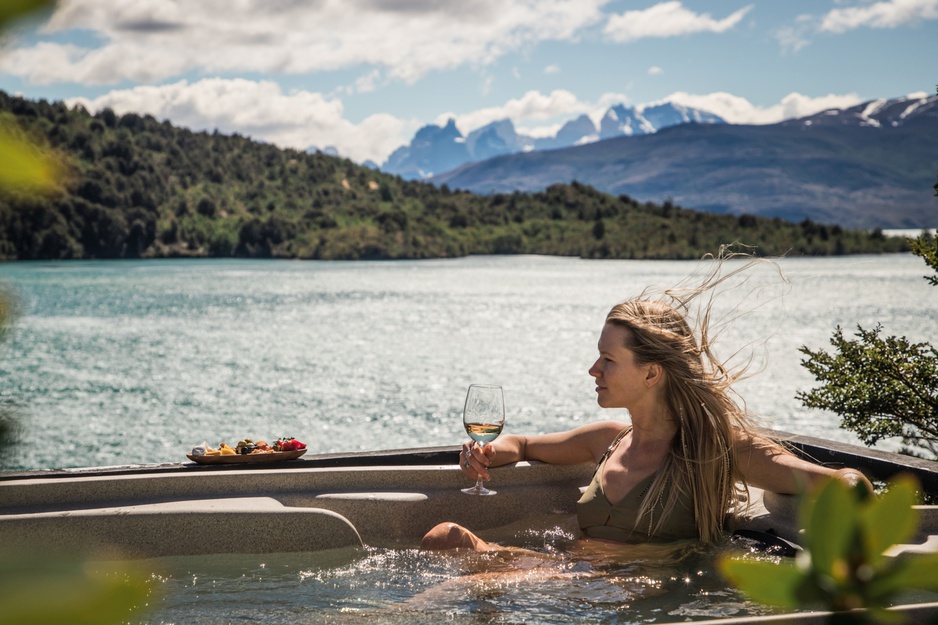
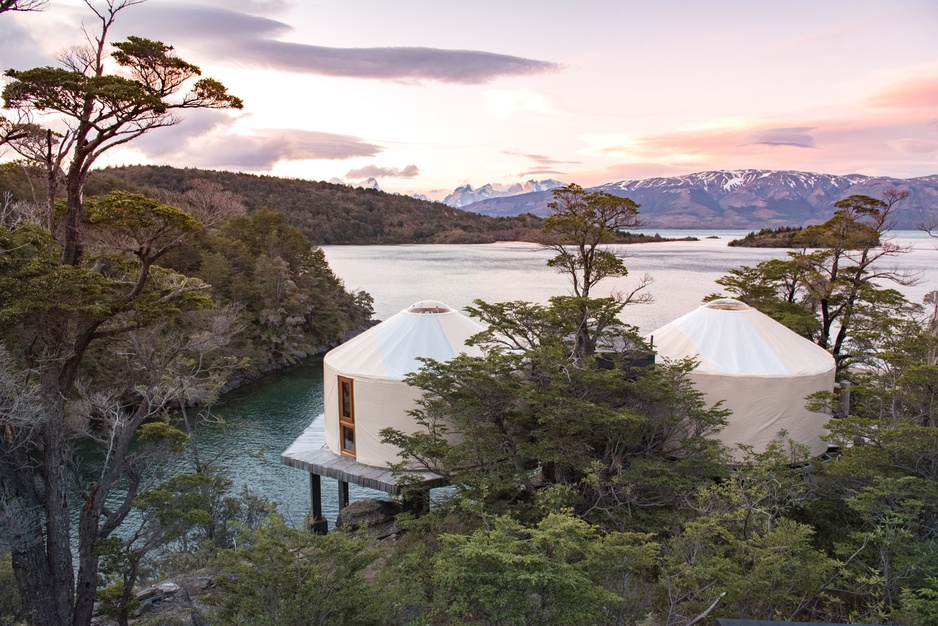
Suite Yurt
The Suite Yurts add a separate lounge area to the mix, giving you space to spread out and enjoy that same terrace Jacuzzi in relative luxury.
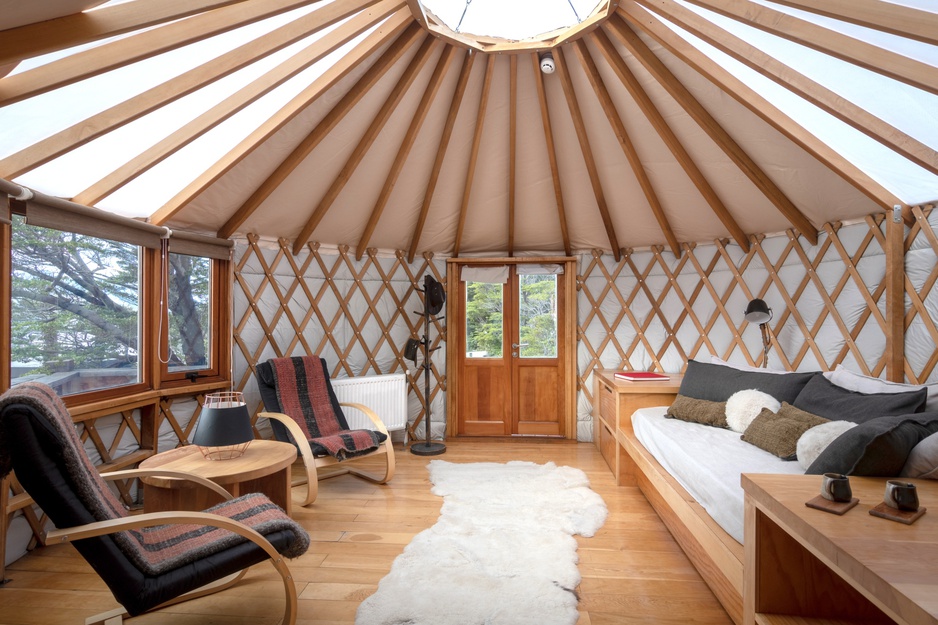
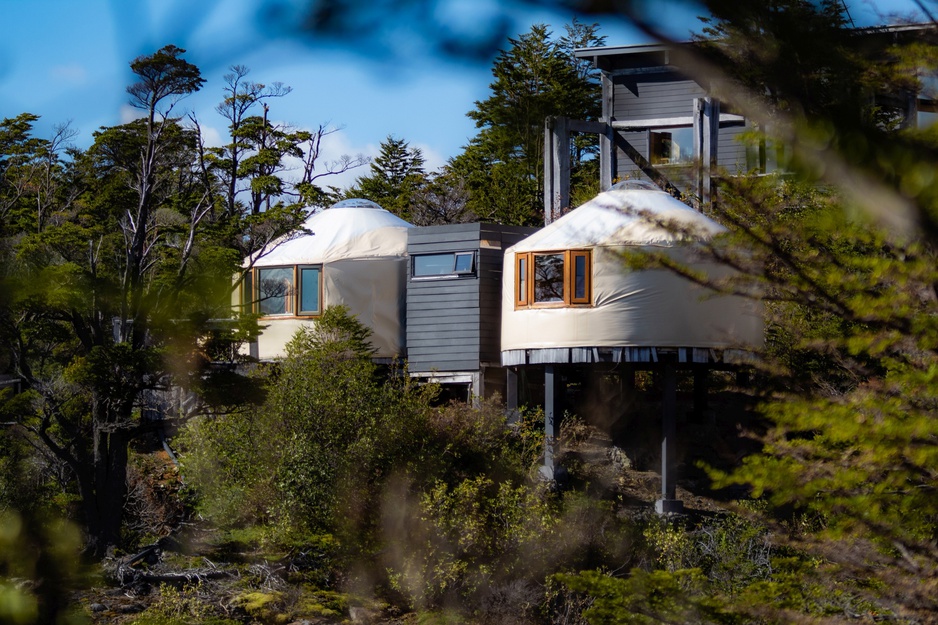
Family Yurt
For families or groups, the Family Yurts cleverly connect two tents through a shared bathroom, complete with its own hot tub – though you might find yourself negotiating bath time schedules.
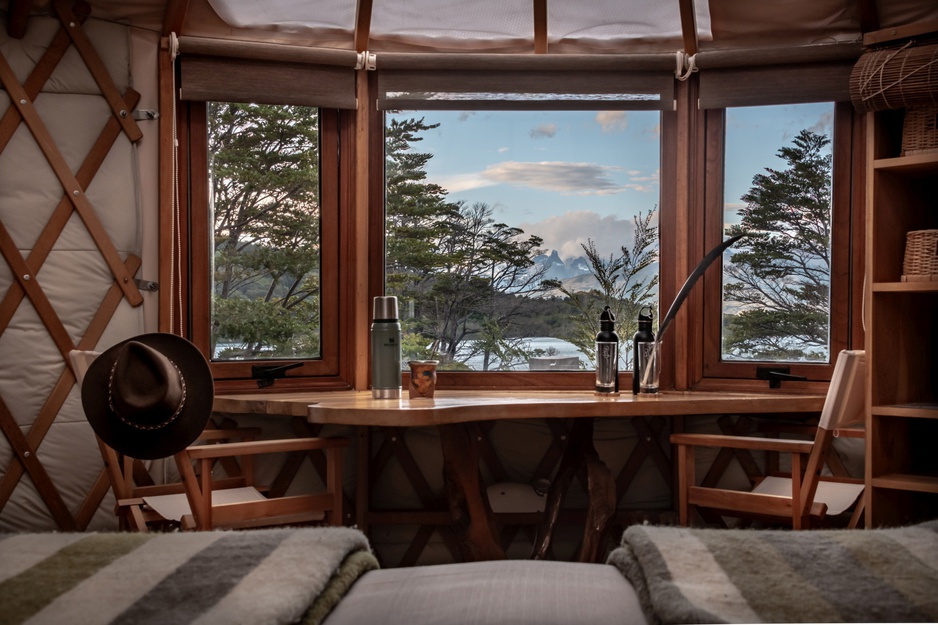
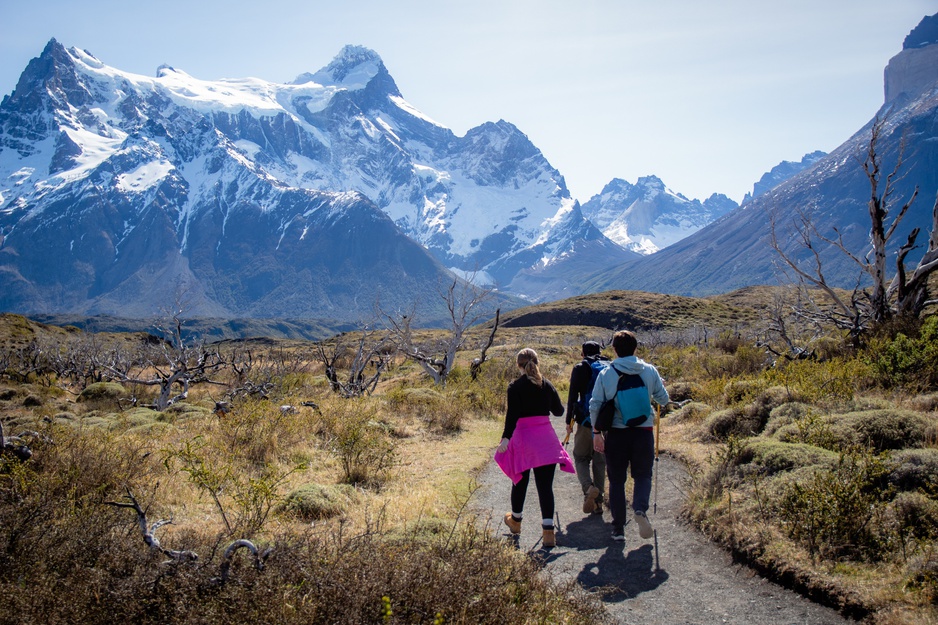
The most compelling aspect of Patagonia Camp is its location. While most visitors to Torres del Paine stay closer to the park's eastern entrance, this spot on the western edge offers something different entirely.
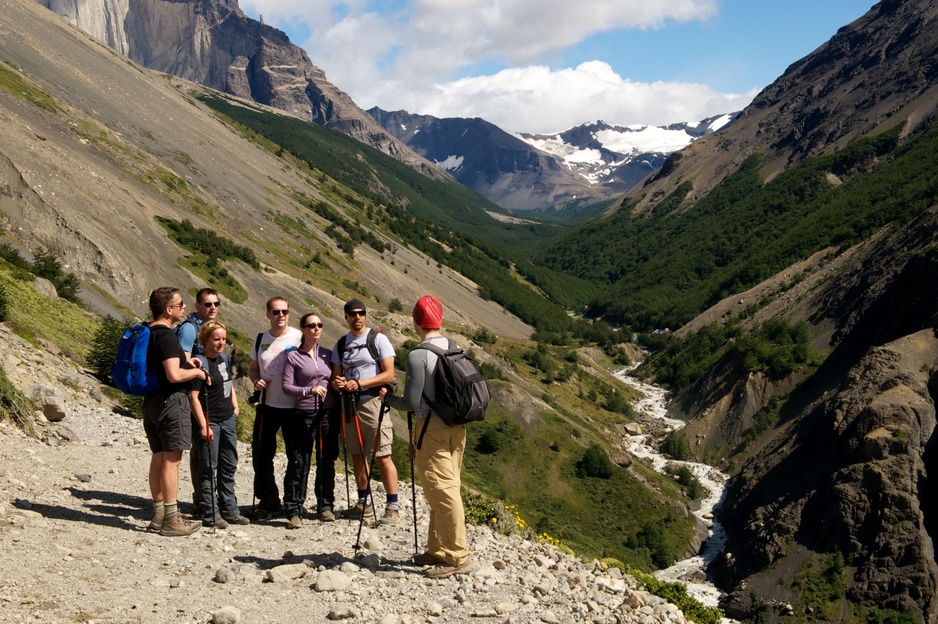
Ascencio Valley
Yes, it means longer drives to reach the famous hiking trails, but it also means you can kayak directly from the lodge, hike through pristine forest without seeing another soul, or simply sit on your private deck with a glass of wine watching condors wheel overhead.
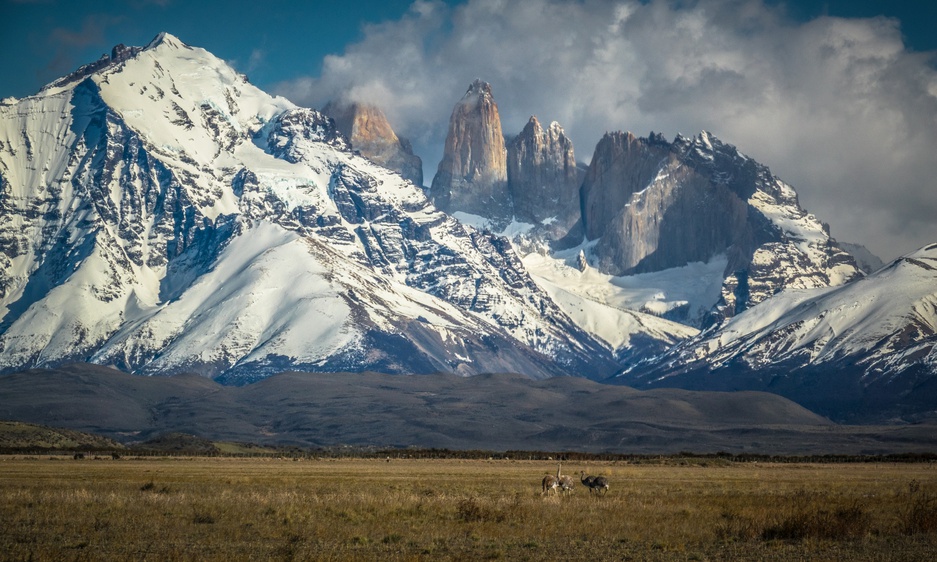
The wildlife here doesn't mess about either. Puma tracks are regularly spotted around the property, and the lodge's logo – a puma paw print – commemorates an early encounter between a big cat and a rather startled construction foreman. It's not uncommon to spot one of these magnificent predators padding through the forest, though you're more likely to see their prints in the mud than the animals themselves.
Km.74 Camino Milodon-Porteño, 6170000 Torres de Paine, Chile

